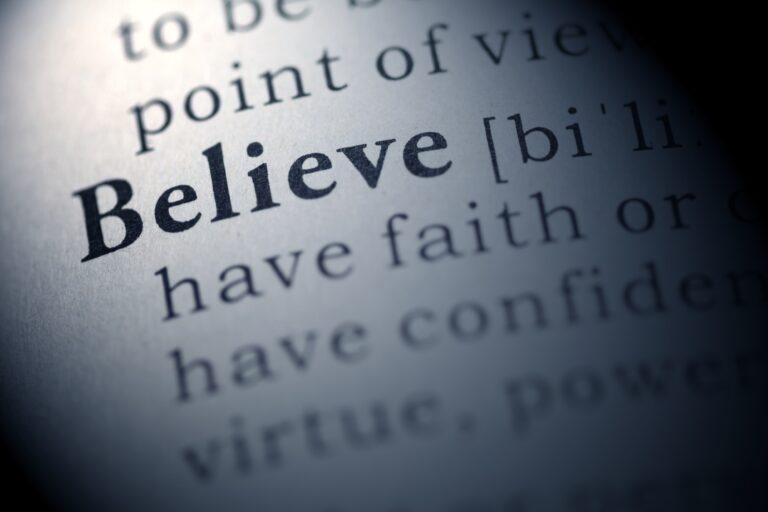In today’s interconnected world, where information flows freely, and societies are more diverse than ever, religious beliefs often become focal points of heated debates. These discussions can span a wide range of topics, from the interpretation of sacred texts to the application of religious laws in secular societies. This article delves into 15 controversial religious…
